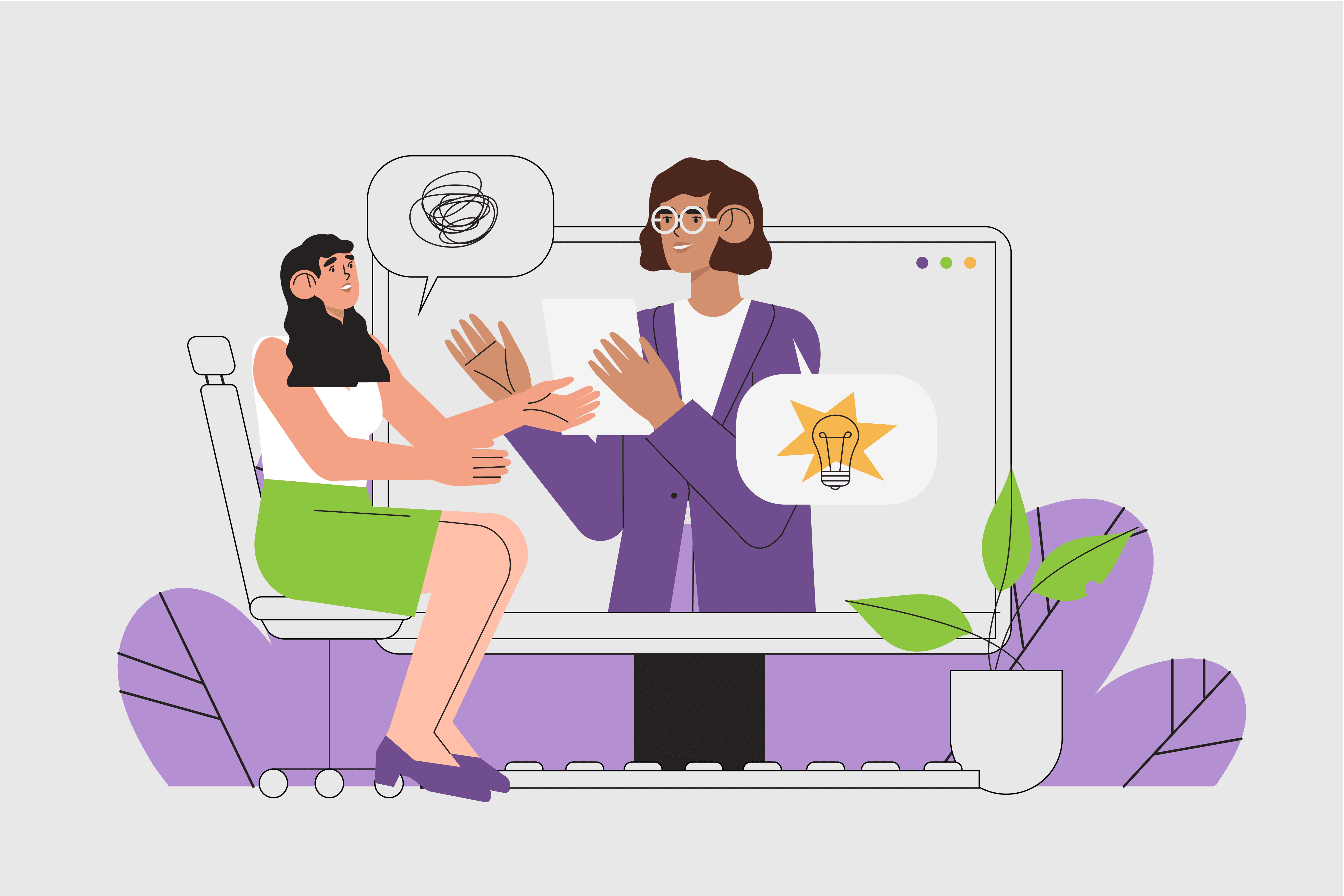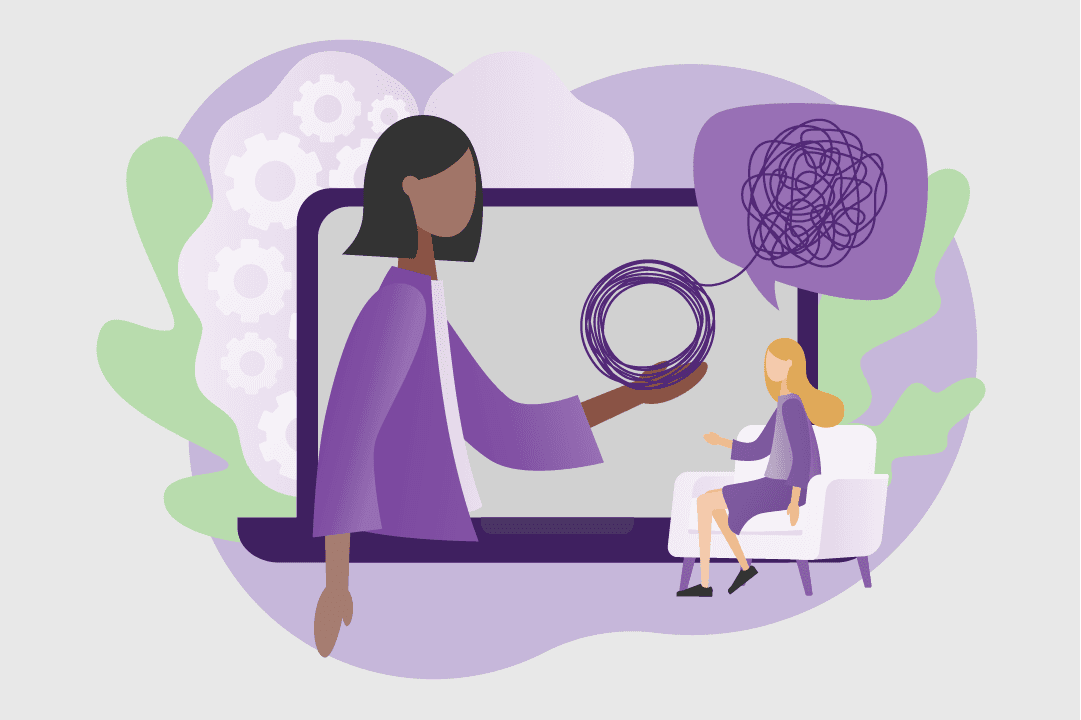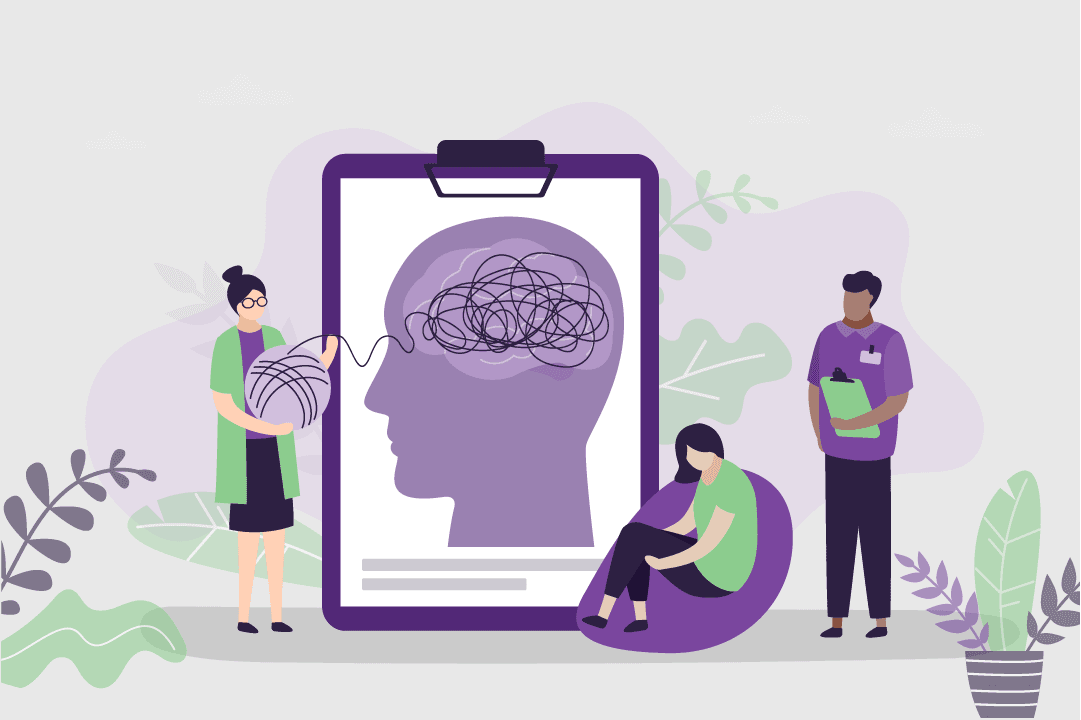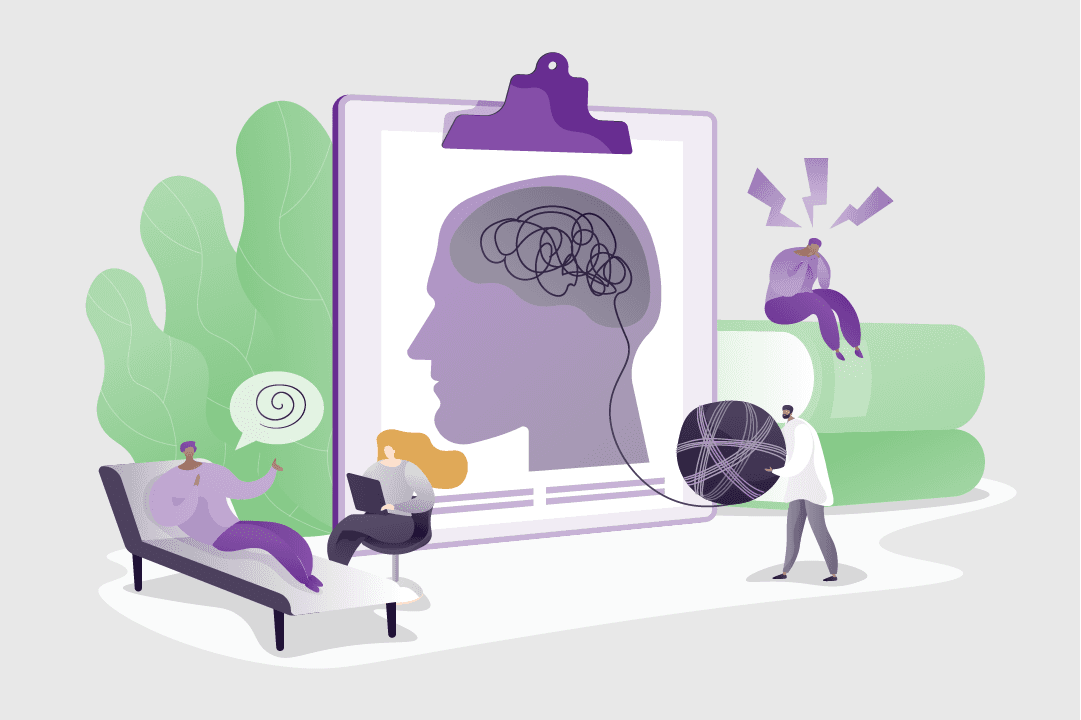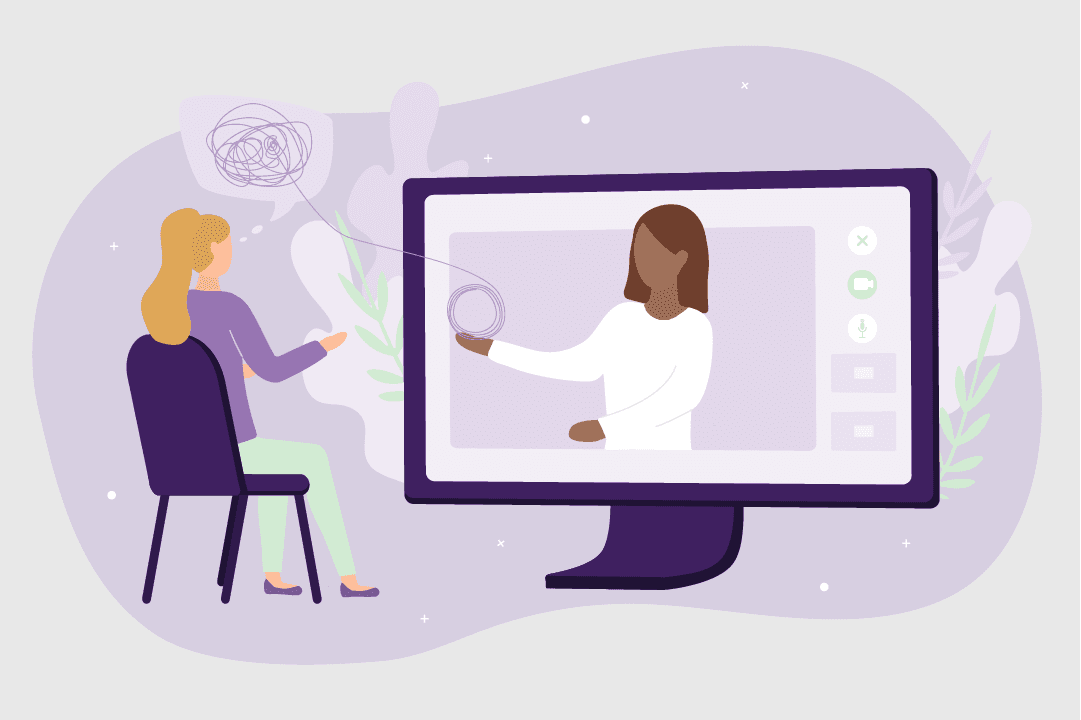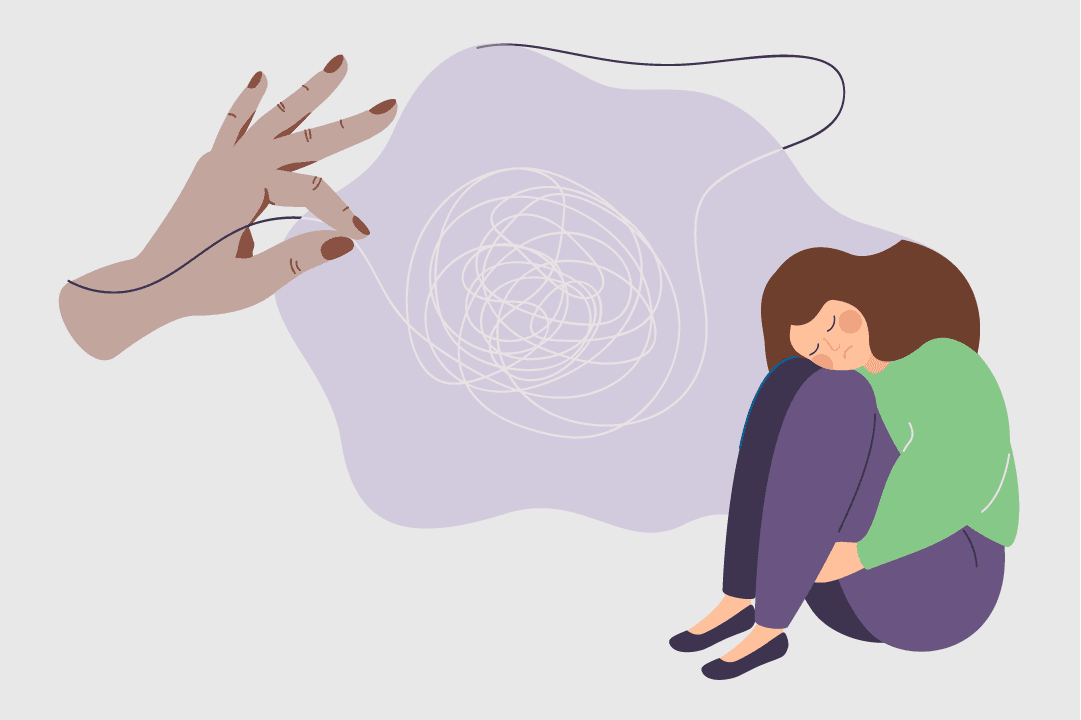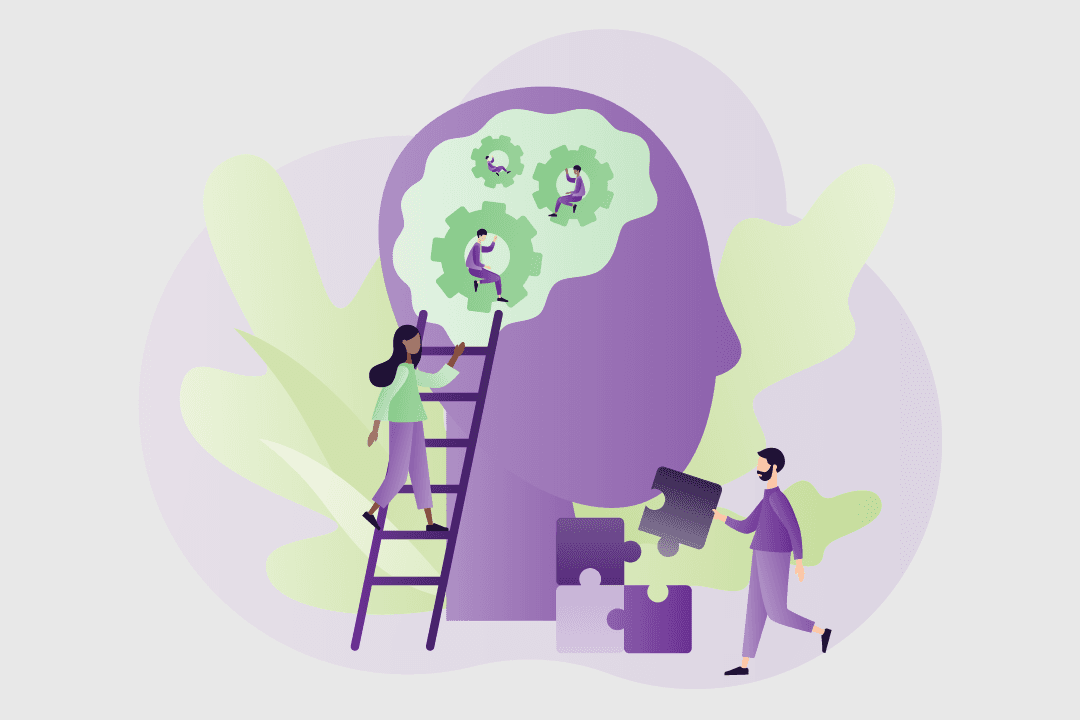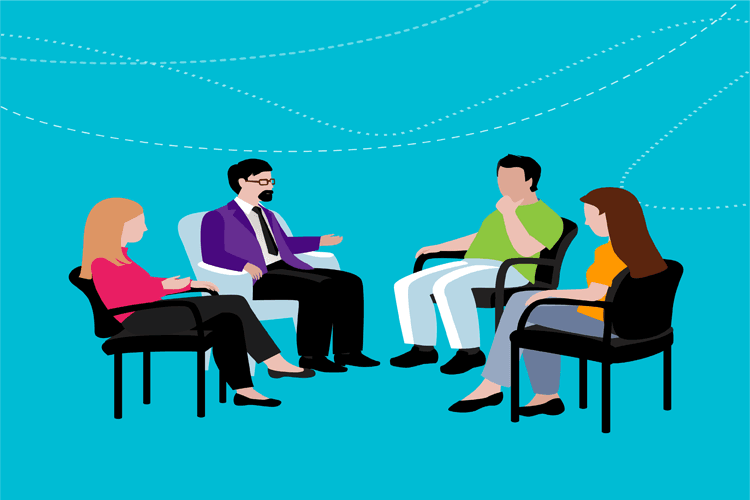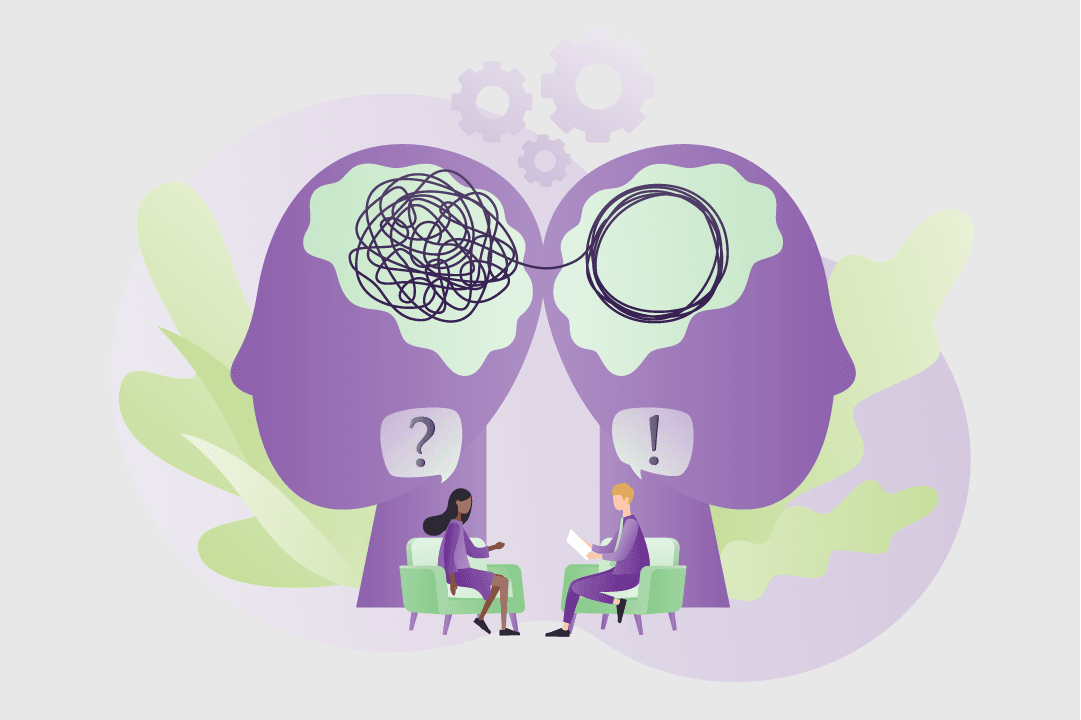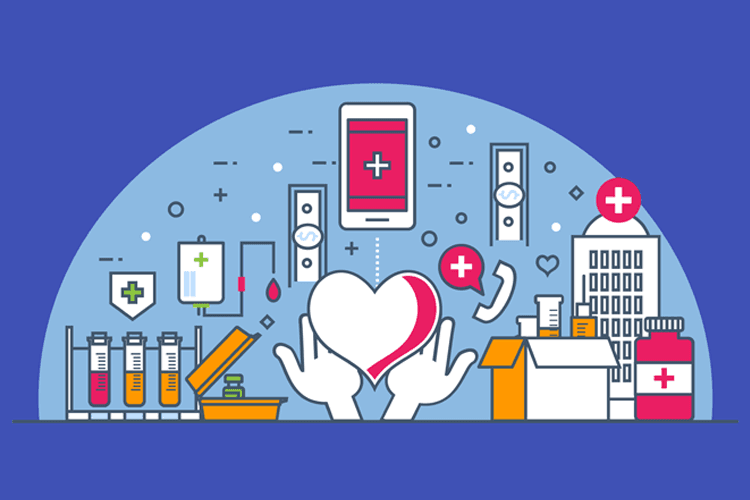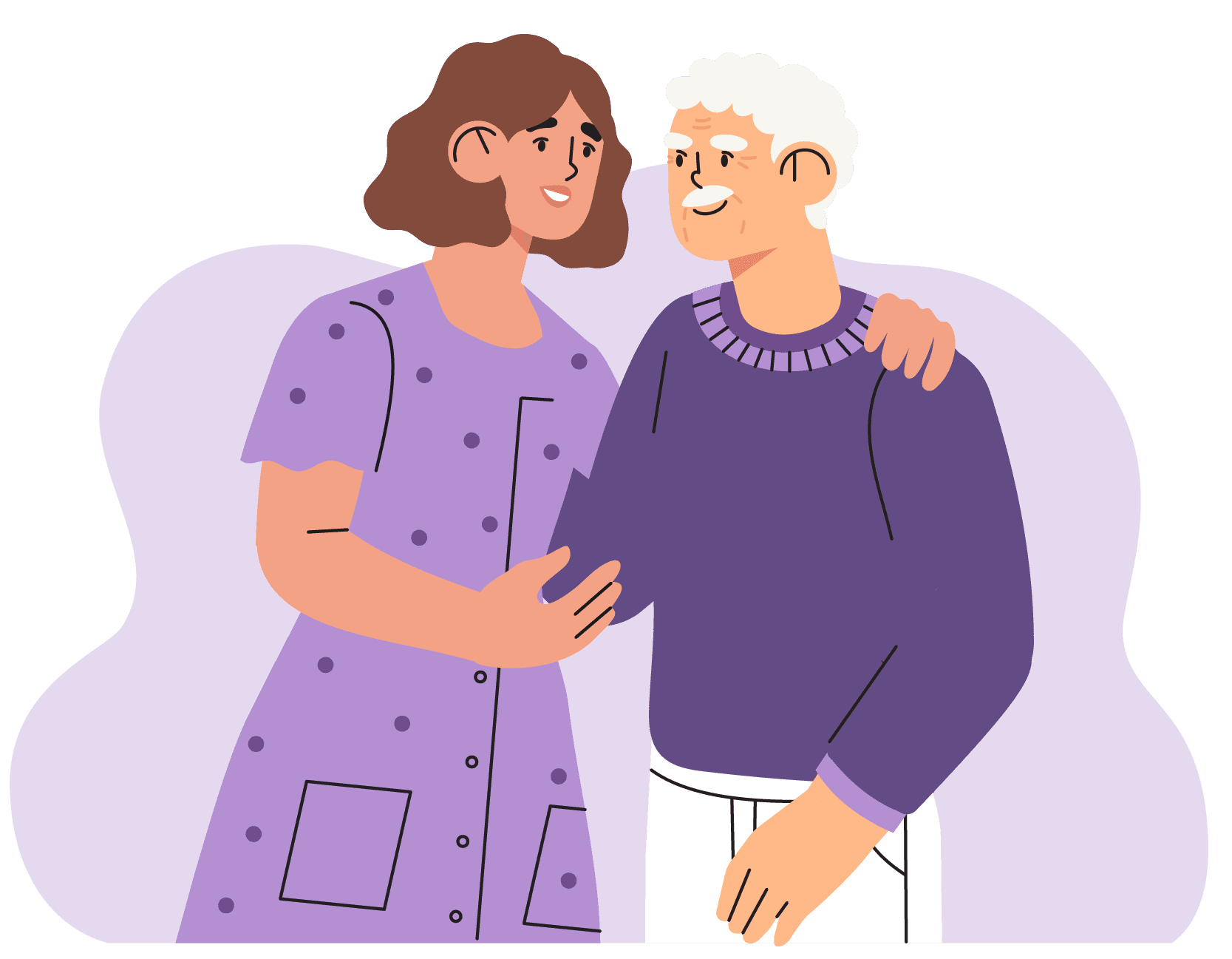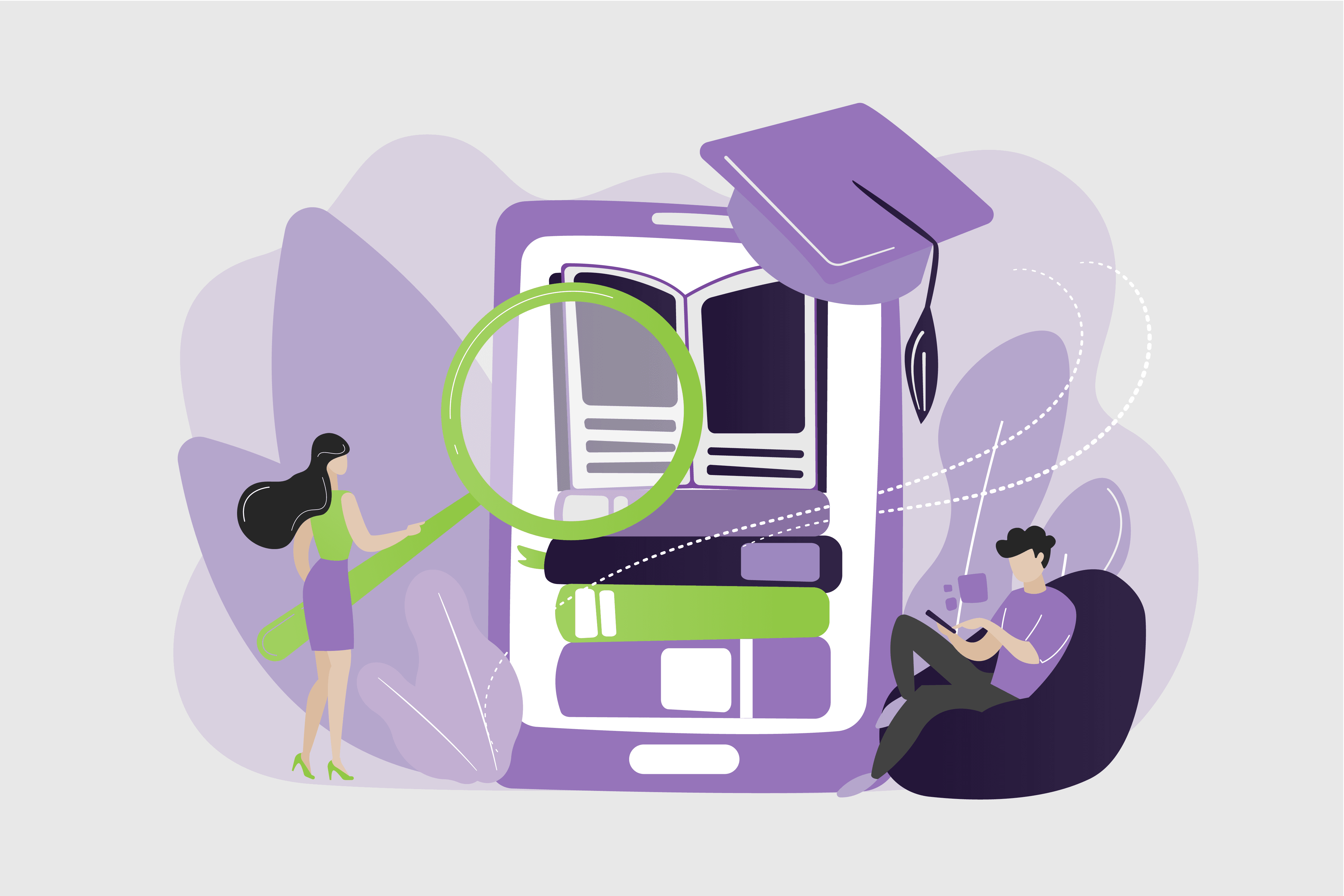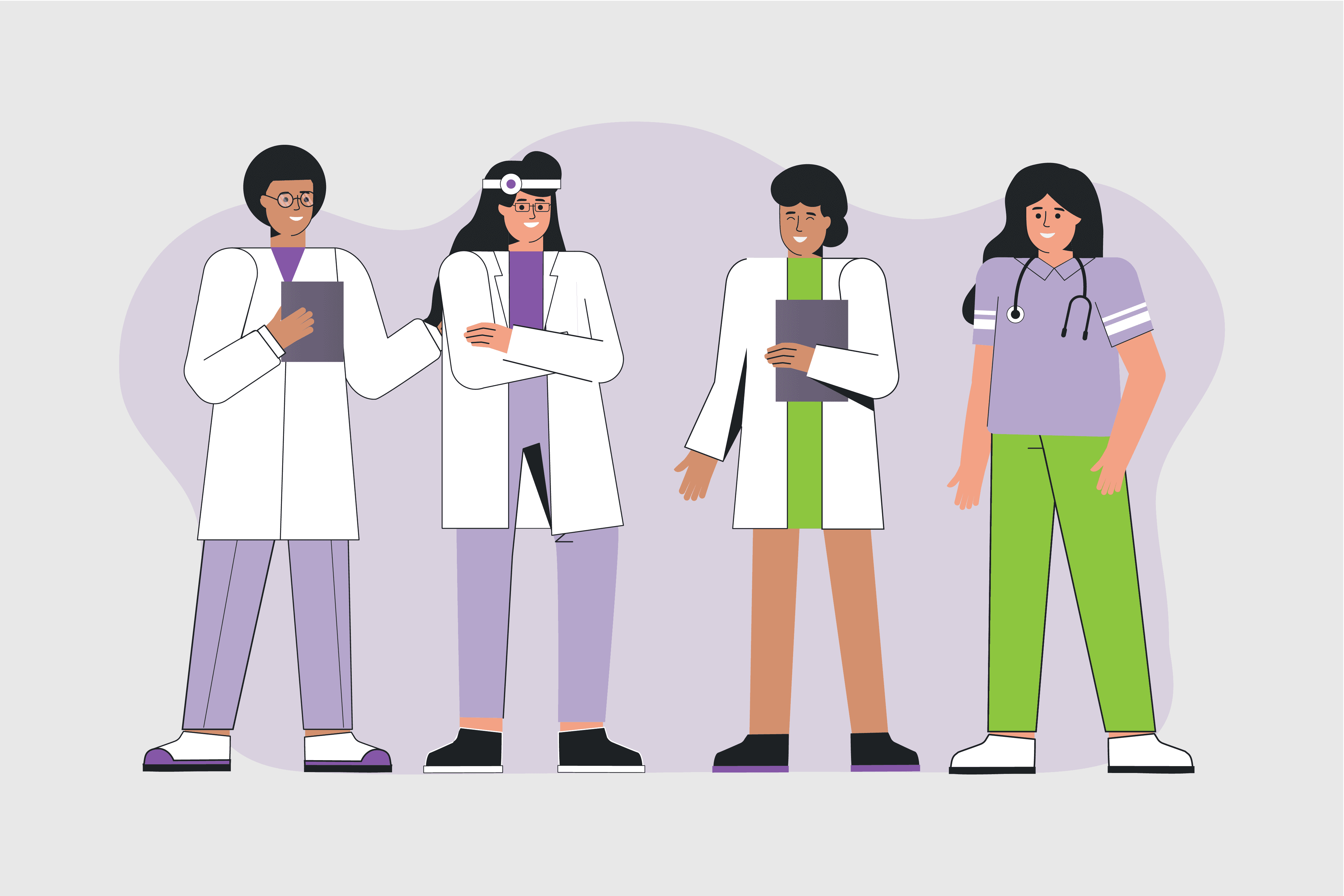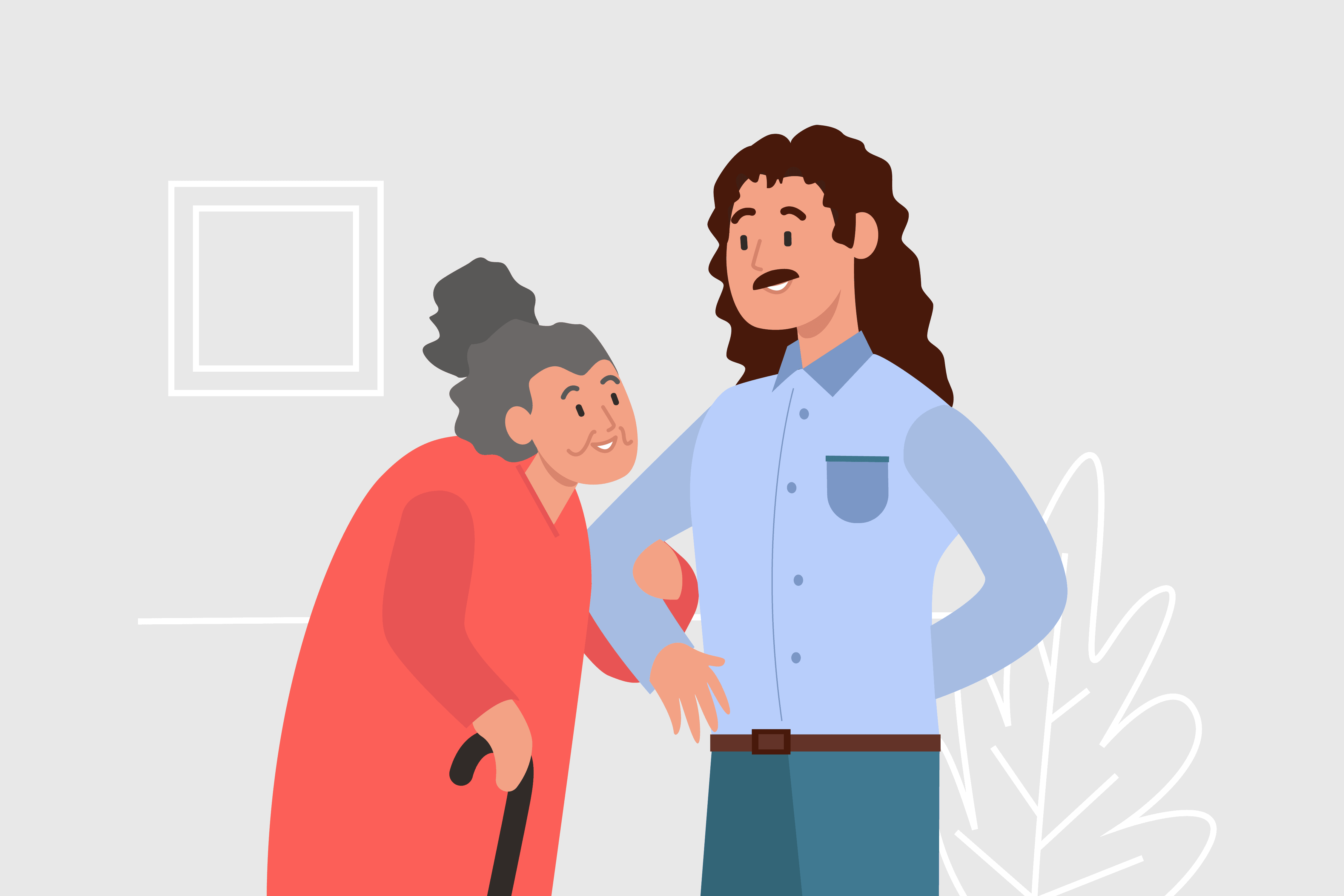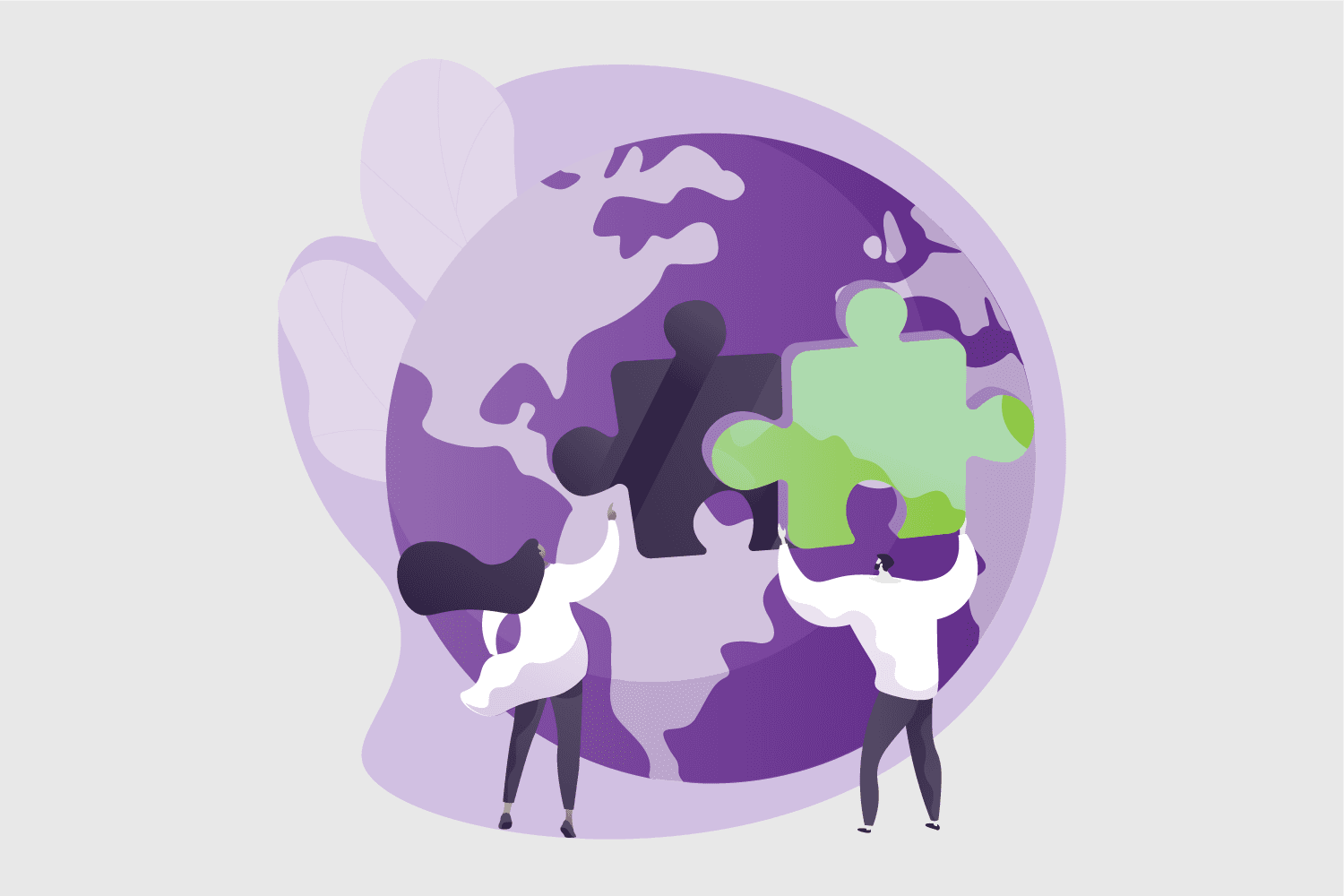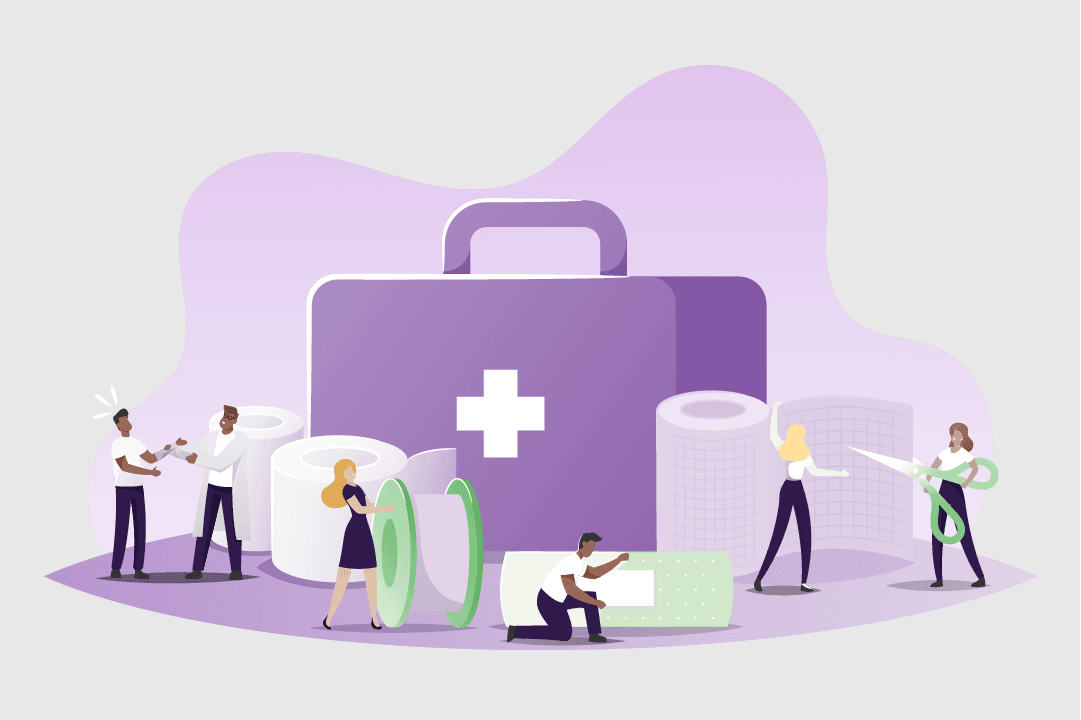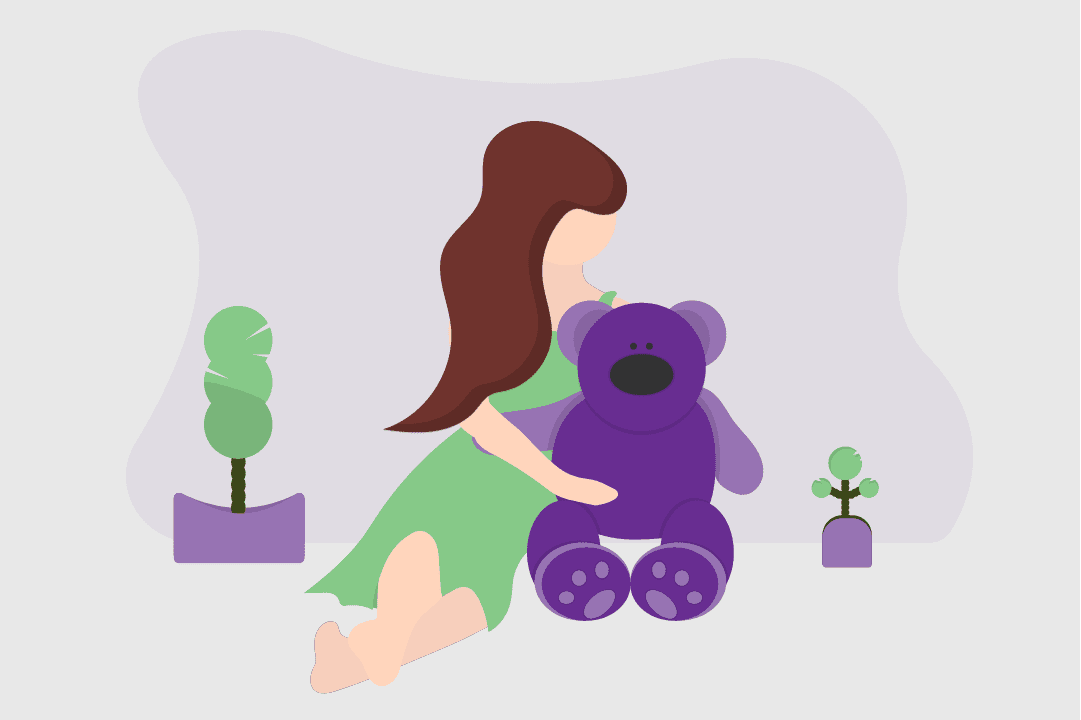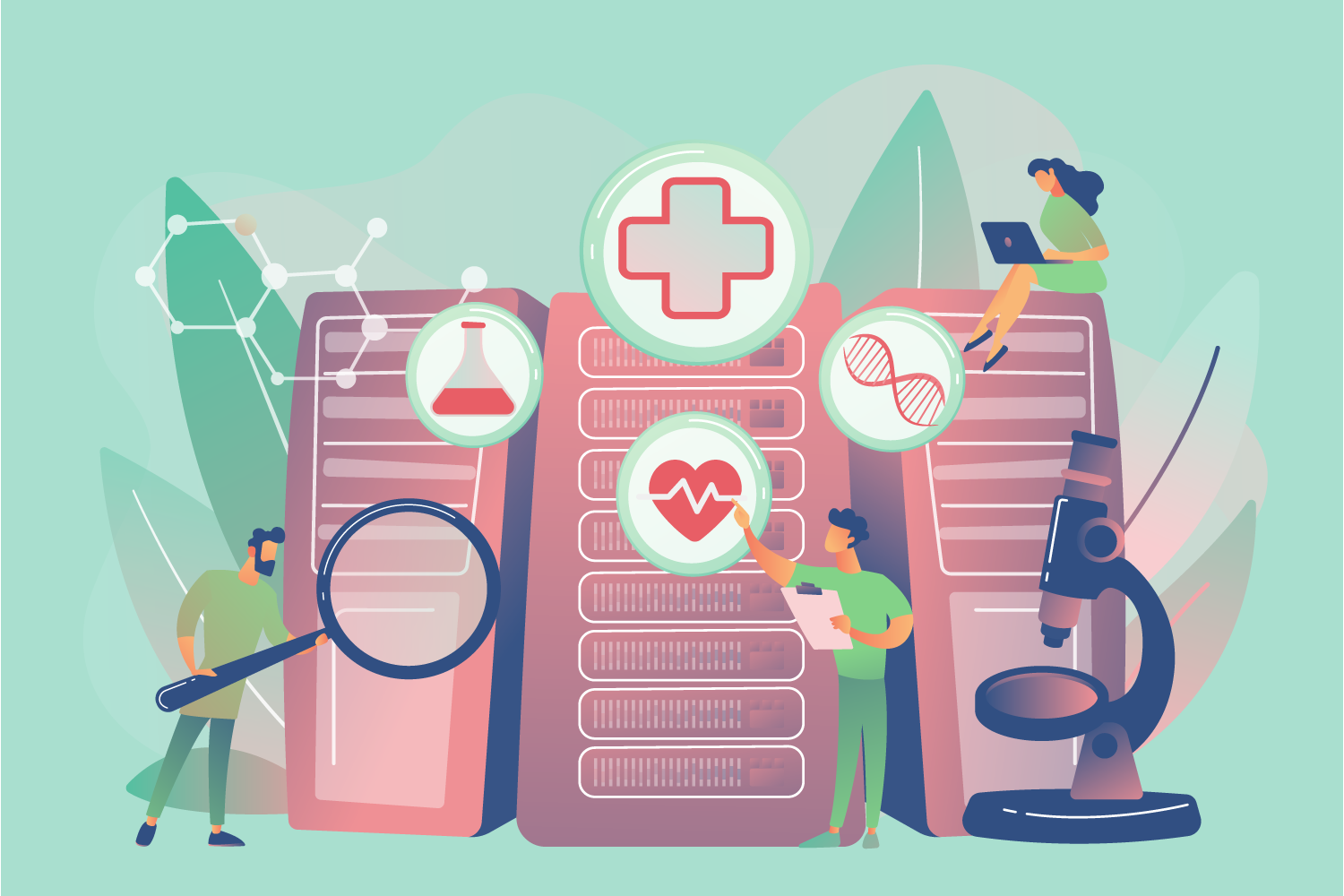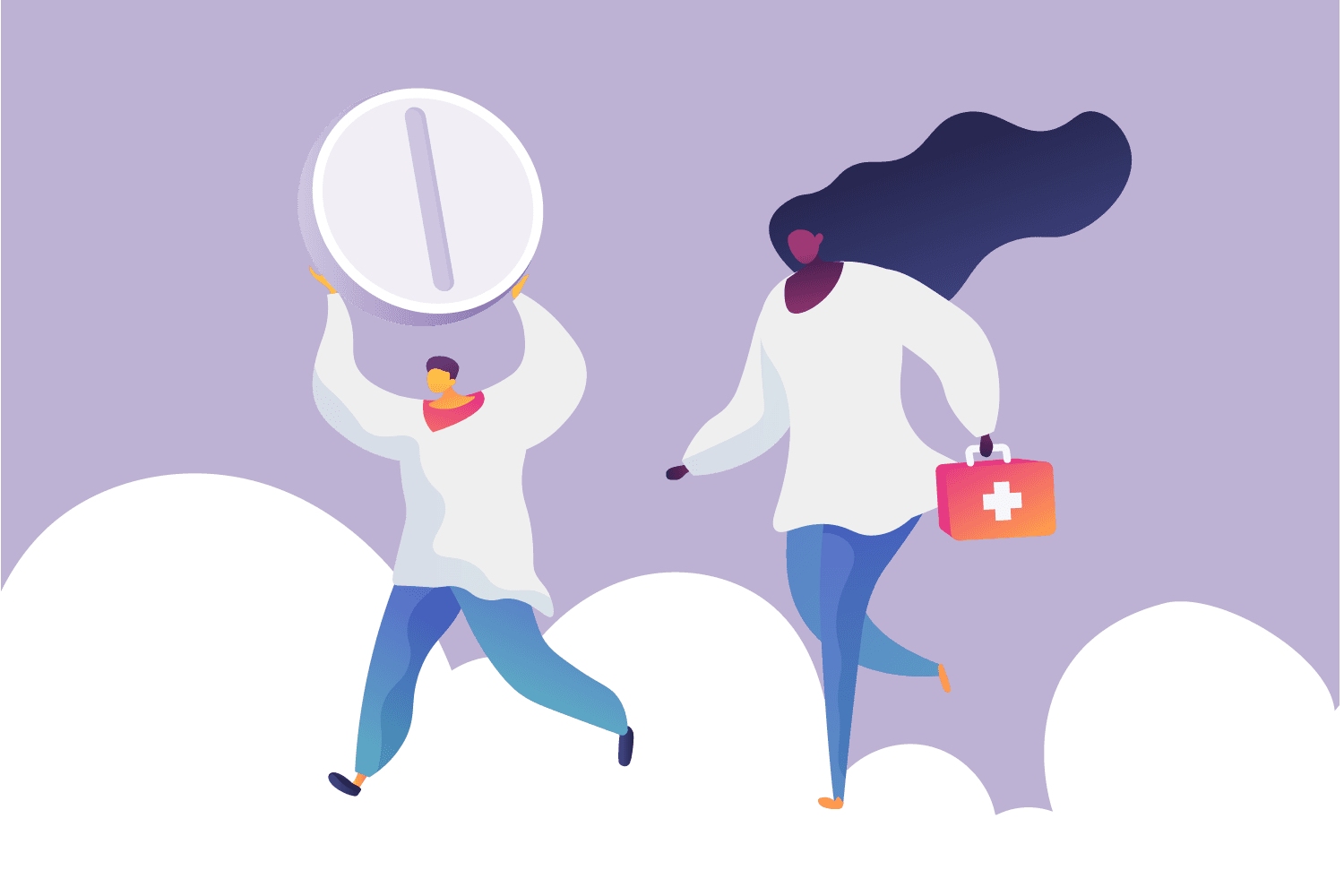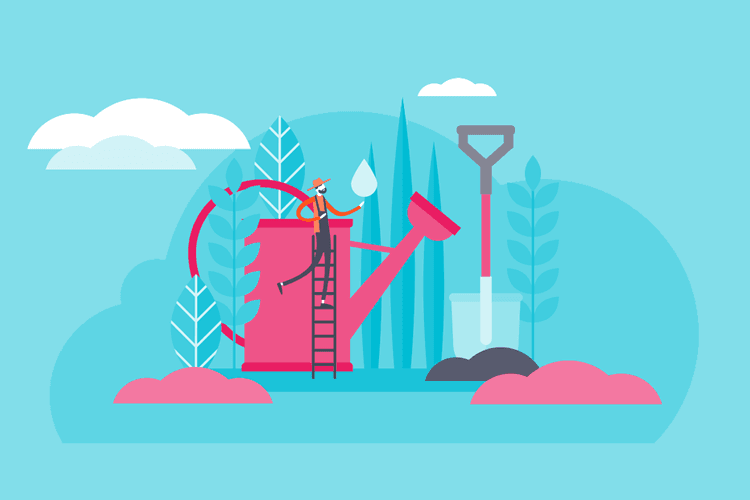Drug and alcohol counsellor job description
Let’s get real. Job information online can often be overly optimistic — conveniently glossing over the raw bits. But when you’re making decisions about your future, you need all the facts.
That’s why we anonymously surveyed drug and alcohol counsellors about their job, with hopes of getting an honest insight into what it’s really like.
While we did our best to ensure respondents were Australians and verified their job titles with proof of employment, we can’t guarantee complete accuracy — or that your experiences in the field will reflect theirs. So, we suggest that you take these insights as a guide only and try to talk to people in the field before making an important decision.
Tasks and responsibilities for a drug and alcohol counsellor
A drug and alcohol counsellor’s daily responsibilities can depend on your work setting and the specific clients you work with.
Substance abuse counselling can be performed one-on-one, in drop-in centres, within community services, or via telehealth appointments.
An AOD counsellor’s tasks can be:
- Teaching clients how to modify their behaviours so they can make a full recovery from drug abuse or alcohol dependency
- Evaluating clients' health and substance abuse problems to identify issues and create a treatment plan
- Teaching coping mechanisms and skills for clients to practice in life
- Establishing aftercare plans and for clients to continue their work
- Leading group counselling sessions and providing referrals for support group sessions for further help
- Supporting clients to get back into work or career or education
How to become a drug and alcohol counsellor
-
Study
To be qualified as a drugs and alcohol counsellor, you need formal training to at least a certificate level in counselling, mental health services, social work or another relevant field.
Studying a diploma level course broadens your skill set and allows you to fine-tune your counselling abilities so you can work in various work environments. A Diploma in Counselling (CHC51015) or a Diploma of Alcohol and Other Drugs (CHC53215) are both great options to gain an entry-level role in this field.
With different courses available to you, course length can be one year and up, depending on your study pace. There are also various delivery modes for coursework. With greater flexibility in the study offered to students these days, there are more opportunities to tailor the learning experience to your individual needs.
-
Volunteer
On-the-ground work experience is an excellent way to get valuable insights into a drug and alcohol counsellor role and show prospective employers that you have the initiative to immerse yourself in the work environment to elevate your skills.
Community outreach organisations often need volunteers to operate. Volunteer positions are commonly listed on, and you often have a variety of positions to choose from. Enquire with a volunteer program you’re passionate about to see if you can take part.
Pathway options
A role in drug and alcohol counselling is not only rewarding — it can start you on varied and exciting career pathways. You could open doors to more senior positions in an organisation, branch into specialised areas or take on further study to upskill and enhance your job prospects even more.
Some career paths could be:
Junior
-
Support worker
Most common qualification: Certificate IV in Mental Health (CHC43315)
-
Drug and alcohol counsellor
Most common qualification: Diploma of Alcohol and Other Drugs (CHC53215)
-
Youth case worker
Most common qualification: Certificate IV in Youth Work (CHC40413)
-
Social worker
Most common qualification: Diploma of Community Services (CHC52015)
-
Youth counsellor
Most common qualification: Diploma of Youth Work (CHC50413)
-
School counsellor
Most common qualification: Diploma of Counselling (CHC51015) + Supervision
Mid
-
Counsellor
Most common qualification: Diploma of Counselling (CHC51015) + Supervision
-
Child counsellor
Most common qualification: Diploma of Counselling (CHC51015) + Supervision
-
Family counsellor
Most common qualification: Diploma of Counselling (CHC51015) + Supervision
Senior
-
Psychotherapist
Most common qualification: Graduate Diploma of Trauma-Informed Processwork Psychotherapy (10779NAT)
-
Family dispute resolution practitioner
Most common qualification: Graduate Diploma of Family Dispute Resolution (CHC81115)
-
Rehab counsellor
Most common qualification: Master of Rehabilitation Counselling
Explore related qualifications
Diploma of Alcohol Other Drugs
A Diploma in Alcohol and Other Drugs prepares a learner for a role that works under broad supervision and guidance and provides services to clients with alcohol and other drugs issues.
This accreditation can lead to jobs including drugs and alcohol counsellors, service coordinators, alcohol and other drugs case managers and support workers.
The average duration of this course is 18 months full-time, but part-time and self-paced learning is available. This course can be completed online or in a classroom setting, and some course providers support rolling enrolment. Payment plans are available from most RTOs.
5 providers offer this course

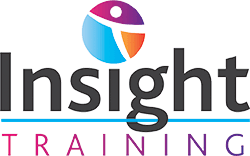



Diploma of Counselling
This course provides the skills to become a counsellor and work with clients on personal and psychological issues using established counselling practices. You can work as a counsellor at this level, but only within strict guidelines and under senior supervision.
Job outcomes for this course can include roles in counselling, case management, support and liaison roles in the community, education, and community health.
The average course duration is one year full time but can be undertaken part-time in a self-paced method. The course can be completed online if required, and payment plans are available for course fees from most RTOs.
2 providers offer this course

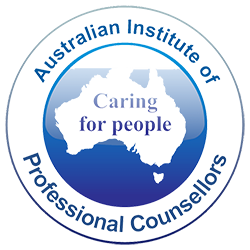
Related subjects
The health industry, community services and direct client care sectors need proactive, empathetic and motivated newcomers. Roles that support help and guide can come in many forms.
Some other subjects to explore:
Related articles
If a job as a drugs and alcohol counsellor sounds like it’s right for you, delve into a vast catalogue of resources and short course information to help you on your way to your new career.
Reviews
Reviews are from Australian workers with this job title or a very closely related one.
Is this your job title?
Share your thoughts and help people decide if this job is right for them.
- All
- Positive
- Negative
David
Sep 12 2021Making an impact on people's lives.
What are the best parts of the job?
Seeing clients getting well and changing their lives.
What's the most challenging part?
Clients that are stubborn and in denial can be difficult to help.
Monica
Sep 12 2021Great team role.
What are the best parts of the job?
Being able to work in a team is one of the best parts of the job.
What's the most challenging part?
Time management can be a challenge at times.
Lauren
Sep 12 2021Rewarding to help improve other's lives.
What are the best parts of the job?
I get to see people change their lives for the better.
What's the most challenging part?
There is a high turnover of clients, which can be a challenge to keep up with.






